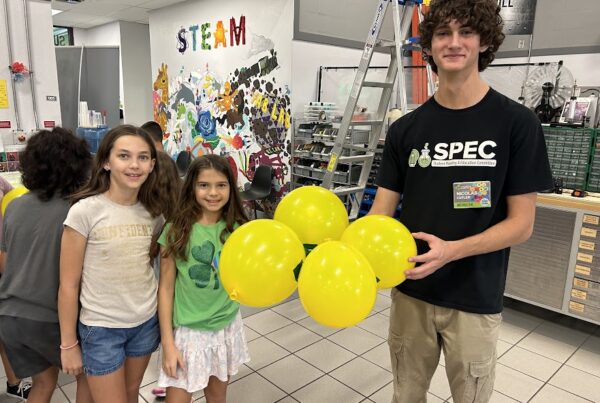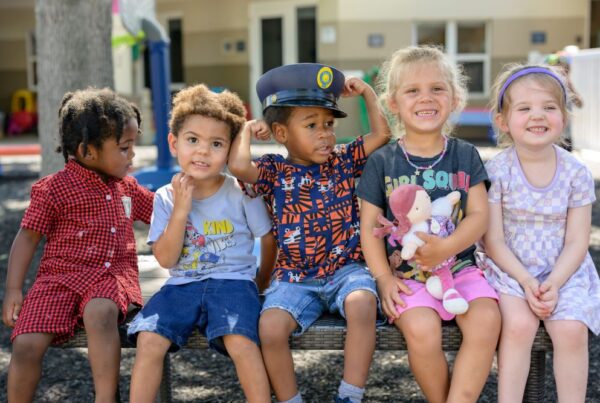This article was originally written by Elizabeth Djinis for Sarasota Herald-Tribune.
A group of Sarasota-Manatee community leaders are forming a local coalition focused on getting as many residents as possible vaccinated and targeting communities where access or hesitancy is an issue.
Many of the coalition’s members are the same people who have organized pop-up clinics in local churches and worked with health department leaders to bring vaccines to people in accessible and familiar locations. But now partners like obstetrician-gynecologist Dr. Washington Hill, Sarasota County Branch NAACP President Trevor Harvey, UnidosNow Executive Director Luz Corcuera and Multicultural Health Institute Executive Director Dr. Lisa Merritt have an important ally behind them: the Charles and Margery Barancik Foundation.
The goal is to come up with inventive solutions to reach specific populations, including communities of color, the homeless, residents in rural areas, and the 18-to-34 age demographic.
“We have to be out-of-the-box thinkers to continue to convince these individuals on why it’s appropriate and safe to get vaccinated,” Harvey said.
One of the coalition’s goals will be getting information on how and where to get a vaccine to those who may not have it.
“We still have lots of folks who would like to have the vaccination and, believe it or not, have no idea about it, and some who would like to have it and have little access,” Hill said.
In May, Barancik Foundation awarded a seed grant to the organization, then on Thursday the foundation’s board approved $100,000 in additional funding for the coalition.
“Dr. Hill and Trevor have been doing a phenomenal job of working at the grassroots level,” said Kelly Romanoff, Barancik Foundation’s innovation and impact officer. “When we had a conversation with them, it was obvious that we needed some dedicated manpower to really push this out. The supply was sufficient enough that we could do a full court press and they were the people who had the relationships and the trust in the community, and they just needed some resources to dedicate to that effort.”
Harvey and Hill have a number of strategies they hope to employ in coming weeks. Each method is tailored to the community in question.
In rural areas, which Harvey calls “one of the biggest goals,” they plan to reach out through events at mobile home parks. They’ve already started pop-up clinics at a few, but even at second-dose clinics, they find people showing up seeking a first dose. And Harvey and Hill won’t turn them away.
“If you’re coming to get a shot in the arm,” Harvey said, “we’ll give you a shot in the arm.”
Another target population is the homeless community and a partnership with the Salvation Army is helping to make strides in that arena. But with each group comes an unexpected challenge. Some homeless people are willing and ready to get vaccinated but concerned about living on the street with the immediate side effects.
Whatever the problem, the coalition comes armed with solutions. Harvey is already proposing a creative option: work with the hotels and motels on U.S. 41 to offer a reduced fee so recently vaccinated homeless people will have somewhere to go.
They have a number of unique upcoming events planned, from a partnership with All Faiths Food Bank to working with a local men’s program to administer vaccines at a prostate cancer awareness gathering.
Other organizations, like CenterPlace Health, have employed more direct strategies, using mobile units to meet people at their homes. Romanoff envisions a future where the coalition might team up with Meals on Wheels to reach homebound residents.
With the Barancik Foundation’s help, all of these options are on the table. And Romanoff says it’s not just a matter of logistics – if additional funding is needed, there will likely be funding.
“If it’s a matter of a financial barrier or a logistical barrier or an emotional barrier, we want to help break those barriers down,” Romanoff said. “If money can help, that’s the role that we play.”




